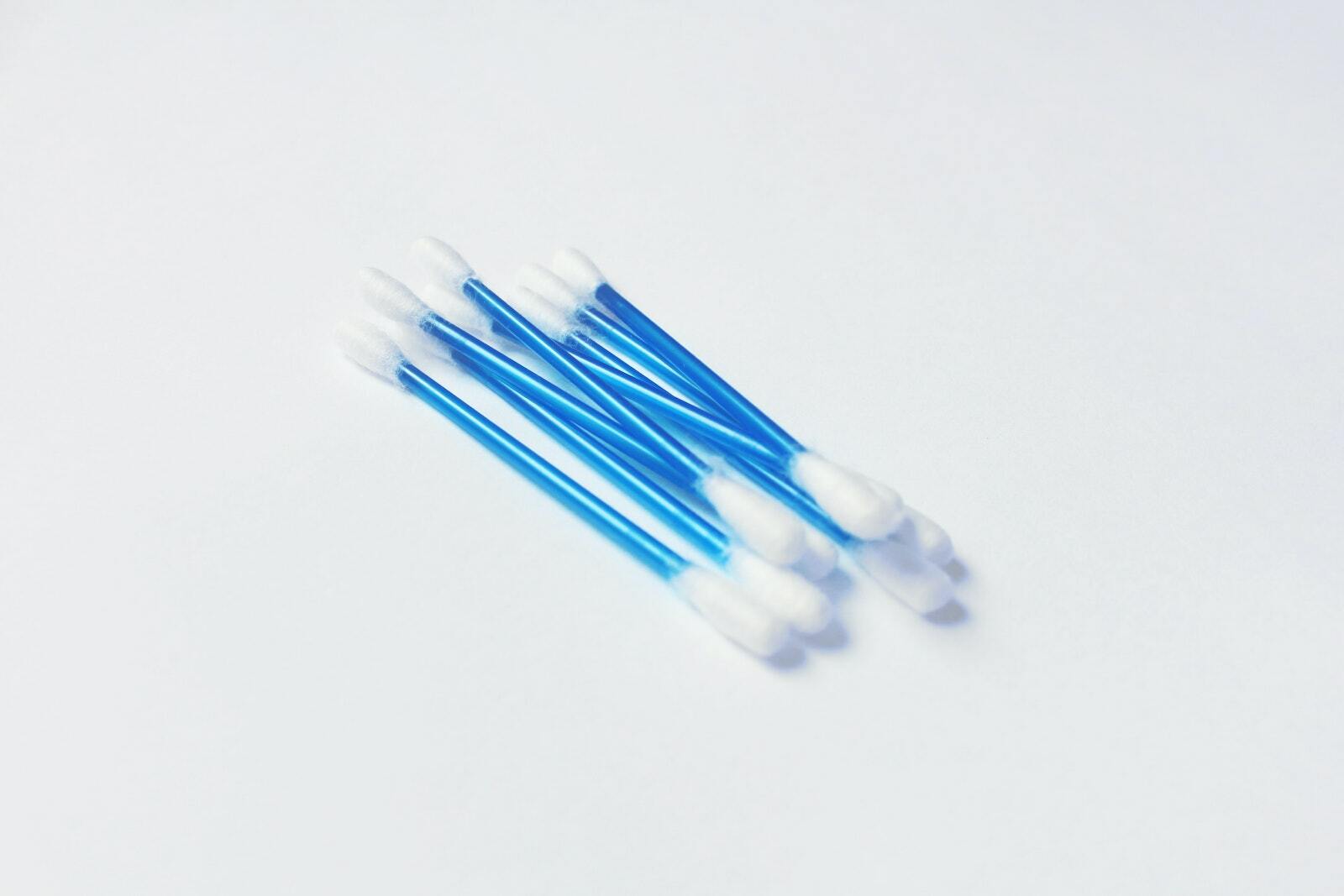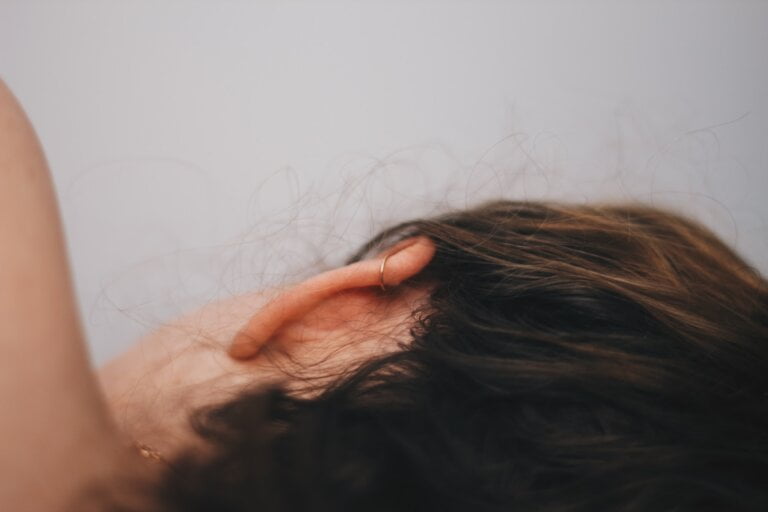Ear Health 101: Tackling Common Problems for Cleaner and Happier Ears
Our ears play a vital role in our daily lives, allowing us to communicate, enjoy music, and experience the world around us. However, just like any other part of our body, our ears are susceptible to various issues that can affect our overall ear health. In this comprehensive guide, we will explore common ear problems and provide practical tips and solutions to help you maintain cleaner and happier ears.
The Importance of Ear Health
Good ear health is essential for several reasons:
- Hearing: Our ears enable us to hear and process sounds. Maintaining optimal ear health ensures that we can enjoy clear and uninterrupted hearing.
Hearing is a fundamental sense that allows us to communicate, perceive the world around us, and engage in various activities. To maintain good hearing, it is important to protect our ears from excessive noise exposure, infections, and other factors that can lead to hearing loss. Regular check-ups with an audiologist can help monitor your hearing and identify any potential issues early on.
- Balance: The inner ear plays a crucial role in maintaining our balance. Keeping our ears healthy helps prevent dizziness, vertigo, and other balance-related issues.
The inner ear not only helps us hear but also contributes to our sense of balance. It contains the vestibular system, which helps us maintain equilibrium and spatial orientation. If our ears are not functioning properly, it can lead to balance problems, making it difficult to perform daily activities. Engaging in exercises that promote balance, such as yoga or tai chi, can help keep the vestibular system strong and improve overall balance.
- Infection Prevention: Proper ear care reduces the risk of ear infections, which can cause pain, discomfort, and even hearing loss if left untreated.
Ear infections can occur when bacteria or viruses enter the ear, leading to inflammation and discomfort. To prevent ear infections, it is important to practice good hygiene, especially when it comes to cleaning the ears. Avoid inserting foreign objects into the ears, as this can damage the delicate ear canal and increase the risk of infection. If you or your child experiences symptoms such as ear pain, discharge, or hearing difficulties, it is crucial to seek medical attention promptly to prevent complications and promote faster recovery.
Common Ear Problems and Solutions
1. Earwax Buildup
Earwax, also known as cerumen, is a natural substance produced by the ear to protect and lubricate the ear canal. However, excessive earwax accumulation can lead to discomfort and even hearing difficulties. Here’s how you can tackle earwax buildup:
- Avoid Q-tips: While it may be tempting to clean your ears with cotton swabs, it can push the wax deeper into the ear canal, causing more harm than good. Instead, gently clean the outer ear with a warm washcloth.
Cleaning the ears is an important part of maintaining ear hygiene, but it is crucial to do it properly. Using cotton swabs can push the earwax deeper into the ear canal, potentially causing blockages and impacting your hearing. Instead, use a warm washcloth to clean the outer part of the ear. This gentle method helps remove any dirt or debris without risking damage to the ear canal.
- Over-the-counter ear drops: Consider using over-the-counter ear drops specifically designed to soften and remove excess earwax. Follow the instructions carefully and consult a healthcare professional if necessary.
If you are prone to excessive earwax buildup, over-the-counter ear drops can be beneficial. These drops contain ingredients that help soften the wax, making it easier to remove. It is important to follow the instructions provided with the ear drops and consult a healthcare professional if you experience any discomfort or if the earwax persists.
- Seek professional help: If you are unable to manage earwax buildup on your own or if it causes significant discomfort or hearing difficulties, it is advisable to seek professional help. A healthcare professional, such as an audiologist or an ear, nose, and throat specialist, can safely and effectively remove the excess earwax using specialized tools and techniques.
2. Ear Infections
Ear infections are a common problem, particularly among children. They can cause pain, hearing loss, and discomfort. Here are some preventive measures and treatments for ear infections:
- Proper hygiene: Wash your hands regularly to minimize the risk of bacterial or viral infections that can lead to ear infections.
Maintaining good hygiene is crucial to prevent the spread of infections, including those that can lead to ear infections. Regularly washing your hands with soap and water can help eliminate harmful bacteria or viruses that may come into contact with your ears.
- Vaccinations: Ensure that you and your children are up to date with recommended vaccinations, as some vaccines protect against infections that can lead to ear problems.
Vaccinations play a significant role in preventing various diseases, including those that can cause ear infections. It is essential to stay up to date with the recommended immunizations for yourself and your children. Vaccines such as the pneumococcal conjugate vaccine and the influenza vaccine can help reduce the risk of ear infections.
- Avoid smoking: Exposure to secondhand smoke increases the risk of ear infections. If you’re a smoker, consider quitting to protect your own health and the health of those around you.
Smoking and exposure to secondhand smoke can have detrimental effects on overall health, including increasing the risk of ear infections. The chemicals in smoke can irritate the delicate tissues of the ear, making them more susceptible to infections. Quitting smoking not only benefits your ear health but also has numerous other health benefits.
- Consult a healthcare professional: If you or your child experience symptoms such as ear pain, discharge, or hearing difficulties, seek medical attention promptly. Timely treatment can prevent complications and promote faster recovery.
If you suspect an ear infection, it is crucial to consult a healthcare professional for proper diagnosis and treatment. Ear infections can be caused by bacteria or viruses, and the appropriate treatment depends on the underlying cause. A healthcare professional can prescribe medication, such as antibiotics or pain relievers, if necessary, and provide guidance on managing the infection.
3. Noise-Induced Hearing Loss
Excessive exposure to loud noise can cause permanent damage to our hearing. Whether it’s due to loud music, machinery, or frequent use of headphones, protecting our ears from noise-induced hearing loss is crucial. Here’s what you can do:
- Use ear protection: When exposed to loud noises, wear earplugs or earmuffs to reduce the impact on your ears. This is especially important in noisy work environments or during activities such as concerts or sporting events.
Ear protection is essential in situations where loud noises are present. Earplugs or earmuffs can help reduce the intensity of the sound reaching your ears, minimizing the risk of damage. This is particularly important in environments where noise levels are consistently high, such as construction sites or music venues.
- Limit exposure: Try to limit your exposure to loud noises by taking regular breaks in quieter environments. Give your ears time to recover and avoid prolonged exposure whenever possible.
While using ear protection is crucial, it is also important to limit your overall exposure to loud noises. Taking regular breaks in quieter environments allows your ears to rest and recover from the noise exposure. Additionally, try to avoid prolonged exposure to loud noises whenever possible, as this can significantly increase the risk of hearing damage.
- Lower headphone volume: If you enjoy listening to music through headphones, keep the volume at a safe level. As a general rule, you should still be able to hear external sounds while listening to music.
Listening to music through headphones can be an enjoyable experience, but it is important to be mindful of the volume level. Keeping the volume at a safe level helps prevent damage to your hearing. As a general guideline, you should still be able to hear external sounds while wearing headphones. If others can hear your music or if you experience ringing in your ears after listening, the volume is likely too high.
4. Swimmer’s Ear
Swimmer’s ear, also known as otitis externa, is an infection of the outer ear canal often caused by water remaining in the ear after swimming or bathing. To prevent and treat swimmer’s ear:
- Dry your ears: After swimming or showering, gently dry your ears using a towel or a hairdryer on a low setting. Tilt your head to each side to help any excess water drain out.
Properly drying your ears after swimming or showering can help prevent swimmer’s ear. Use a clean towel or a hairdryer on a low setting to gently remove any excess water. Tilt your head to each side to facilitate the drainage of water from the ear canal.
- Avoid inserting foreign objects: Refrain from inserting cotton swabs, bobby pins, or any other objects into your ears. This can damage the delicate ear canal and increase the risk of infection.
It is essential to avoid inserting any foreign objects into your ears, as this can damage the sensitive tissues and create openings for bacteria or fungi to enter. Using cotton swabs or bobby pins can push debris further into the ear canal, potentially leading to infection. Instead, let your ears clean themselves naturally, and if you suspect a blockage or have concerns, consult a healthcare professional.
- Use preventive ear drops: For those prone to swimmer’s ear, consider using over-the-counter preventive ear drops before and after swimming. These drops help to dry excess moisture and protect against infection.
If you frequently experience swimmer’s ear or are prone to ear infections after swimming, preventive ear drops can be beneficial. These drops contain drying agents that help remove excess moisture from the ear canal, reducing the risk of infection. It is important to use the drops according to the instructions provided and consult a healthcare professional if you have any concerns.
Conclusion
Maintaining good ear health is crucial for overall well-being and quality of life. By following the tips and solutions provided in this guide, you can tackle common ear problems and ensure cleaner and happier ears. Remember, if you experience persistent or severe ear issues, it is important to consult a healthcare professional for proper diagnosis and treatment. Take care of your ears, and they will continue to serve you well for years to come.
1. Why is good ear health important?
Maintaining good ear health is important for clear and uninterrupted hearing, maintaining balance, and preventing ear infections.
2. How can I tackle earwax buildup?
To tackle earwax buildup, avoid using Q-tips and instead clean the outer ear with a warm washcloth. Consider using over-the-counter ear drops designed to soften and remove excess earwax. If necessary, seek professional help from a healthcare professional.
3. What are some preventive measures and treatments for ear infections?
To prevent ear infections, practice proper hygiene by washing your hands regularly. Stay up to date with recommended vaccinations and avoid smoking. If you or your child experience symptoms of an ear infection, seek medical attention promptly.
4. How can I protect my ears from noise-induced hearing loss?
To protect your ears from noise-induced hearing loss, use ear protection such as earplugs or earmuffs in loud environments. Limit your exposure to loud noises by taking regular breaks in quieter environments. Keep headphone volume at a safe level and still be able to hear external sounds.







